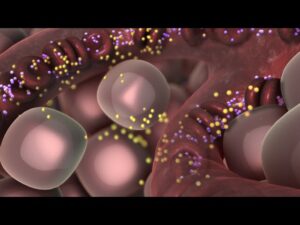This Video is About 10 Bad Habits That Damage Our Brain Or Gets Neurological And Nervous System Diseases & Disorders For More Info Please Read Article In The Description Blow ◄ Video Share Link : https://youtu.be/7Ic-Zk7bRxY ◄ Previous Video : https://youtu.be/8ZL0M2WOyMs Please Subscribe our channel to get updated with more tips, articles and useful videos on health issue… ◄ https://www.youtube.com/c/ProperhealthiswealthBlogspot?sub_confirmation=1 Like us on Facebook ◄ https://www.facebook.com/properhealthiswealth/ Follow us on Google+ ◄ https://plus.google.com/+ProperhealthiswealthBlogspot Follow us on Twitter ◄ https://twitter.com/P_HealthWealth Visit our blog ◄ http://properhealthiswealth.blogspot.com/ (Under Construction) The only organ in our body that thinks is often the one we think the least about. Our brain is the single most important organ in our body, controlling everything we do, from breathing, walking, eating, sleeping, etc. It’s the central processor for all our bodily functions, the part that interprets what we see and hear, smell and taste, and even a place where the chemical reaction associated with love occurs. With all that in mind (excuse the pun), we practice ten common bad habits that actually damage our brain, and should be avoided: Smoking We know cigarettes cause cancer, but did you know that the addictive nicotine in the cigarettes can cause your brain to shrink? Not only that, but prolonged brain-shrinkage can lead to Alzheimer’s disease! Rarely Talking Introverts and people who tend to speak less face a higher risk of reducing the efficiency of their brains. Intellectual conversations are exercise for the brain, like the gym is for the muscles. Not Eating Breakfast Be it for diet or to save time, many people choose to skip breakfast, and in the process they damage their brain. After your sleep, your brain requires nutrients. Skipping breakfast deprives the brain of these much-needed nutrients. Not eating breakfast will also lead to low blood sugar, which is also bad for your health. Overeating Whether you’re feeling very hungry or you’re simply enjoying your dish too much, stuffing your face when you’re full is a bad idea. Overeating causes the brain arteries to harden – leading to decreased mental capabilities. Too Much Sugar Consuming too much sugar will interrupt with the absorption of nutrients and proteins and can lead to malnutrition. A malnourished body hinders the development of the brain, so minimize the amounts of sugary foods and drinks you consume and give your kids. Air Pollution This may not be a habit per-se, but breathing polluted air leads to lower amounts of oxygen reaching your brain, and without oxygen – the brain cannot function. Sleeping With Your Head Covered You might find it comforting and warm, but sleeping with a covered head leads to increased intake of carbon dioxide and decreased intake of oxygen. As mentioned before, oxygen is vital for brain function, and not getting enough can damage your brain cells. Not Engaging In Stimulating Thoughts Your brain is like a muscle, and if you don’t exercise it – it will shrink. The deeper the thoughts – the better the exercise your brain gets, and the healthier it will be in the long-term. So read a book, watch a documentary or play some puzzle games, just keep that thinker working. Working When You’re Sick Many adults and students tend to forgo their health for their careers and studies. When you are sick, your body and mind both need rest, so taxing them by working when you’re sick will reduce the efficiency of your brain and can even lead to long-term brain damage. Not Getting Enough Sleep Sleep is essential for your physical and mental health. A good night’s sleep (8 hours) is vital for your brain, as well as your internal organs. It has been recently discovered that the brain cleanses itself of toxins only during the deep sleep cycle. Sleep deprivation also accelerates the death of brain cells, which can lead to impaired memory and reduced faculties. Article source : https://goo.gl/0YhqQI
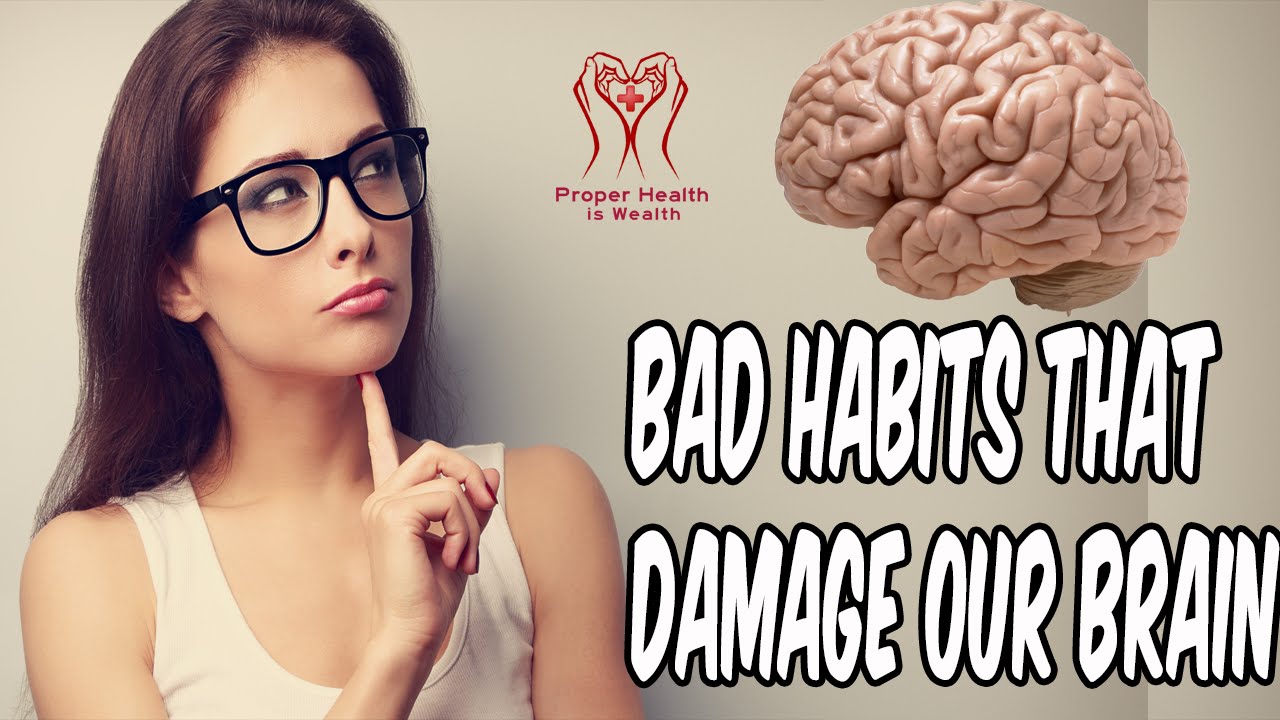
10 Bad Habits That Damage Our Brain Or Gets Neurological And Nervous System Diseases & Disorders
- Post author:
- Post published:May 23, 2021
- Post category:Uncategorized
- Post comments:0 Comments
You Might Also Like
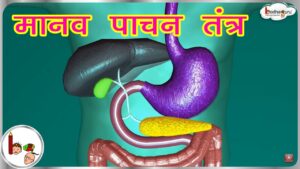
Digestive System And Asnas Video – 6
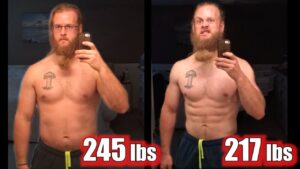
Fat Loss, Weight Loss Video – 22
![Read more about the article [iPad] Surgeon Simulator – Kidney Transplant A++](https://videos.drmaheshkumar.com/wp-content/uploads/2021/05/iPad-Surgeon-Simulator-Kidney-Transplant-A-300x225.jpg)
[iPad] Surgeon Simulator – Kidney Transplant A++
Anabolism
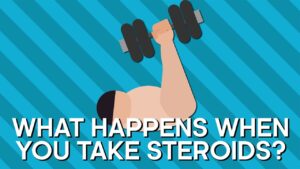
What Happens When You Take Steroids? | Earth Lab
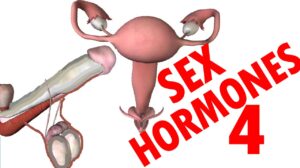
Sex Hormones – Testosterone & Estrogen – Endocrine System #4
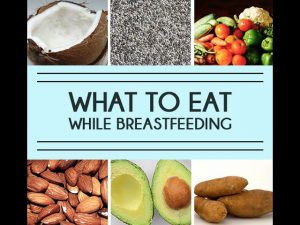
The Top 10 Best Foods to Eat While Breastfeeding

Tricor To Lower Triglycerides and Bad Cholesterol in the Blood – Overview
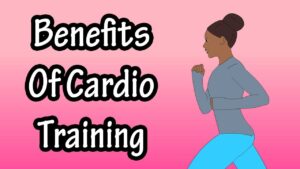
Cardio Exercise Video – 3
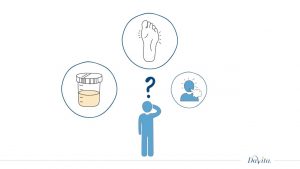
What is Kidney Disease?

Insanity Nutrition Plan – Calories You Need For This Workout
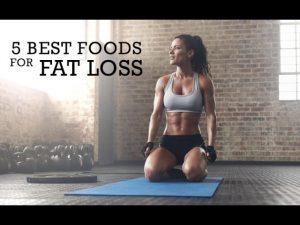
5 Best Foods for Fat Loss (FOODS YOU MUST EAT!!)

Antioxidant Content of 300 Foods

6 Packs Abs Video – 4
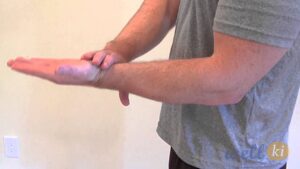
Static Biceps Hold – Top Physical Exercise To Rehab Elbow Joint
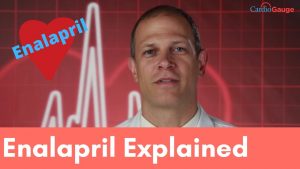
Enalapril Explained: Common Uses and Side Effects

Bodybulding -90kg SM Lahti 2016 freeposing
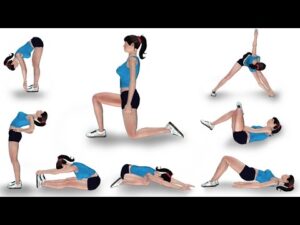
8 Stretching Exercises for Lower Back Pain

Diabetic Nutrition Education | Diabetes | Aurora BayCare
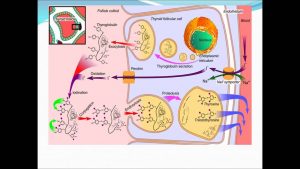
Thyroid Hormone metabolism PPT
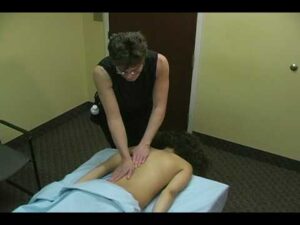
Relaxation massage Video – 3

Jaundice Explained- What is Bilirubin?

Tennis Video – 3

What Is Vitamin C? | Vitamins
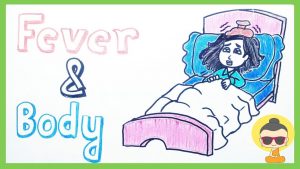
What happens inside your body when you get the fever?
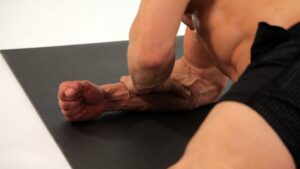
Side plank-2
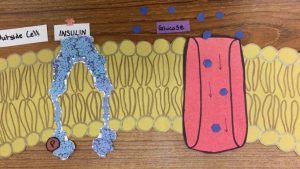
Sweet Signals: Insulin and Glucagon in Diabetes
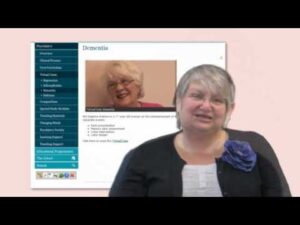
Additional Psychiatry Video – 2

ReShape Side Effects
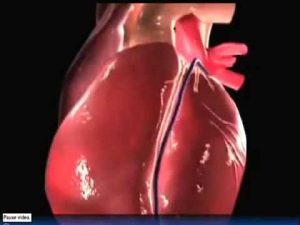
Watch Heart Attack in 3D

Stretching and Extreme Rain… Like… Noah’s Arc Type of Rain
Warm Up
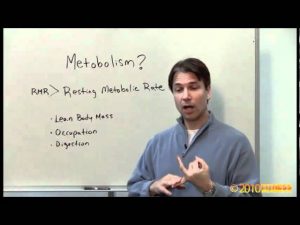
Bodybuilding Metabolism
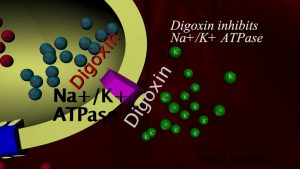
Digoxin Mechanism of action – animation
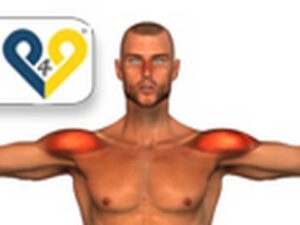
Lateral Raises-5
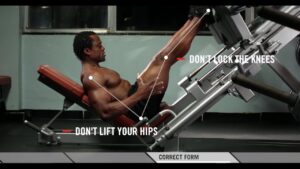
What Other Trainers Will Not Tell You: Building Huge Quads. Leg Press Done Right.
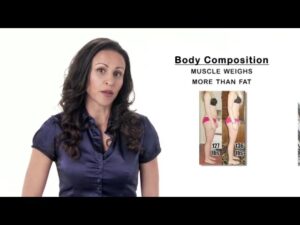
Body Composition
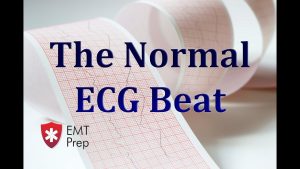
The Normal ECG Beat – EMTprep.com
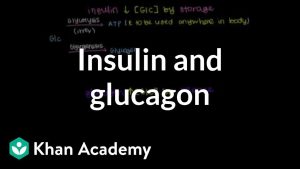
Insulin and glucagon | Chemical Processes | MCAT | Khan Academy
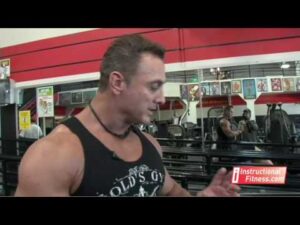
Instructional Fitness – Back Extensions

Dr. Berg Recommended Supplements for Intermittent Fasting
